Coeliac disease is often talked about, but what exactly is it? And how can it impact children?
What is coeliac disease?
Coeliac disease is an autoimmune condition where the body cannot process gluten and so the immune system starts to attack its own tissues. This can cause damage to your gut and lead to a range of symptoms including bloating, diarrhoea and stomach pain.
Coeliac disease can also lead to tiredness, weight loss, itchy rashes and indigestion.
What contains gluten?
Gluten can be found in a range of foods including most types of bread, cakes, pasta, breakfast cereals and some ready meals. There can also be traces of gluten in some children’s play items such as play dough.
Can children have coeliac disease?
Sadly, yes. Estimates say that as many as 1 in 100 children in the UK have coeliac disease. This jumps to 1 in 10 if a close family member such as parent or sibling has the condition.
However, because the symptoms are often associated with other illnesses, many children are misdiagnosed or not diagnosed at all.
If you suspect your child may have coeliac disease based on their symptoms – bloating, stomach pains, diarrhoea, extreme tiredness – then do consult your GP. They, in turn, should refer you to a child specialist for further testing.
Living with coeliac disease
So, your child has been diagnosed with coeliac disease. What next? Well fortunately there are a range of leaflets and websites which offer support.
A few top tips include:
Nursery, playgroup and school: When your child starts nursery, playgroup or school it is important to be upfront with their care provider or teacher. You should tell them your child has coeliac disease and explain what it is if they are unsure. We advise you supply them with a list of which foods can be eaten and which can’t, so they are able to plan ahead. There is nothing to be ashamed of. Many children – adults too – have different dietary requirements and this is increasingly accepted in most areas of life.
Playtime: It’s important to check, both at home and at school, that play materials don’t include gluten. Make sure that items such as glue, crayons and play dough are gluten free. They can sometimes include gluten, and although they are not typically edible, we know that doesn’t stop some children!
School meals and trips: Speak with the teachers or staff who provide school meals and remind them your child needs a gluten free diet. You may decide to provide a packed lunch for your child to be safe, but just make sure they don’t “swap” food with friends, as tempting as that may be!
Going to a party: Again, communication is key. If your child is going to a party where there will be food explain the situation to the other parents. In most cases they should be able to provide gluten free alternatives, but if not, you could take some along yourself and offer to other families. This can be a great conversation starter.
Cross contamination: It is vital to try to avoid any kind of cross contamination. The risk of this can be especially obvious at school. Perhaps your child has been involved in a craft activity where other children have been using dry pasta or cookie dough and they accidentally get some on their hands. This can be a cause for concern, which is why it is all the more important to ensure all your child’s teachers and carers are aware of coeliac disease and its symptoms.
What does this have to do with thumb sucking?
You may wonder why a website dedicated to stopping thumb sucking has published an article about coeliac disease. How are they connected?
Well, the answer lies in cross contamination.
We all know that children frequently put fingers and thumbs in their mouths, and some are persistent thumb suckers. This can pose a real risk to children who have coeliac disease. As parents we can do everything possible to help our child. We can inform their teachers, prepare gluten-free packed lunches, avoid certain craft products, but if your child sucks their thumb there is still the possibility they will swallow gluten.
And this is not just a theory. We have heard from a number of parents with these concerns. One mum recently told us:
“As a coeliac parent getting my daughter to stop sucking her thumb has been on the list since diagnosis due to the risk of her accidentally consuming gluten. We’ve been using Thumbsie to help her along her way. If you have a coeliac child, I can highly recommend them.”
If your child has coeliac disease, or other conditions where you are worried about cross contamination, we highly recommend purchasing a Thumbsie thumb or finger glove. Check out our range of products here.
Please note all comments will need to be approved before appearing on this page. Please respect others when posting.
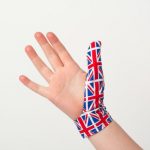
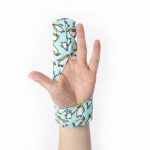
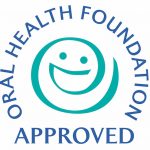


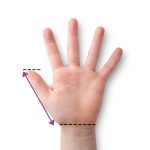
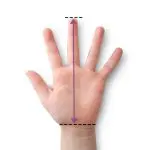








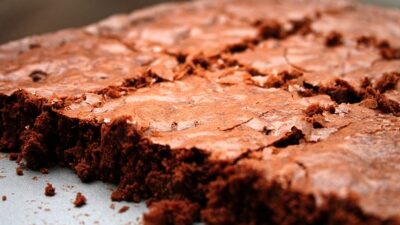






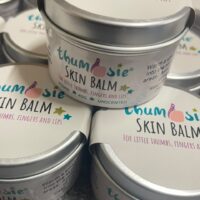




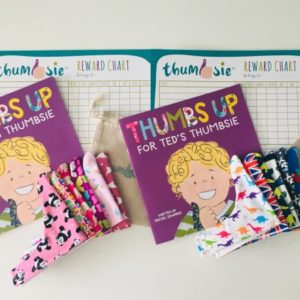




Comments